Do beauty supplements for your skin and hair work? It’s one of the most commonly asked questions to beauty and health experts and for a long time the answer was – it’s complicated.
Yet, in recent times, the market for beauty supplements has only grown. Innova Market Insights reports that supplements for skin health experienced more than 30% average annual growth in product launches globally between 2017 and 2021, with Europe leading the way. Demand for beauty vitamins was up by 2170% on boots.com too.
Interest and innovation within beauty supplements seem only to be growing – but does the science exist to back the boom? CF’s beauty editor Becki Murray investigated, speaking to experts to get the full story.
Here’s what you need to know.
What are beauty supplements?
The majority of beauty supplements are designed to boost the health and condition of your skin, hair, and nails, thereby improving their general appearance. Key areas of focus include tackling the effects of hair breakage or thinning; dry nails; and breakout-prone skin. Others focus on well-being benefits, such as helping with sleep, PMS, and stress. In turn, these tinctures can support skin and hair health too.
“Most products contain single or multiple nutrients that have been linked to the maintenance, formation, repair, and damage protection of the cells involved in our skin, hair, and nails,” summarises the dietitian Lola Biggs, who is associated with the natural health brand Together Health.
Significantly, beauty supplements are not medical products, which would require a prescription. For this reason, most supplements focus on claims surrounding ‘maintaining’ or ‘boosting’ the existing health of skin and hair. However, many newer iterations are supported by increased scientific data, clinical studies, and a wealth of independent positive reviews, so their claims of more resilient, glossier hair and less breakout-prone skin are better supported.
View this post on Instagram
What types of beauty supplements are there?
Beauty supplements come in many guises, but the most popular options are capsules, liquids, or gummies. Capsules or pills were the ‘original’ form and are still very popular, as you can swallow them like a painkiller with no real taste. The dosage varies (so you must read the instructions) but it tends to be around one to two capsules with food once or twice a day.
Liquid and powder variations are designed to be consumed as single doses, consumed straight out of sachets, or placed into water or smoothies. These forms can be easier to swallow than pills (if you like the flavours) and also provide formulations that, in some cases, deliver certain nutrients to your body more effectively.
Lastly, gummies offer an easy and often tasty way to take supplements, which makes them brilliant for first-timers. However, choose them carefully, as gummies can contain a very high sugar content. Plus, they shouldn’t be eaten like sweets as this can lead to consuming dangerous levels of certain vitamins and minerals.
Why are they increasingly popular?
While beauty supplements have been around for decades, it’s no surprise that their popularity coincided with conversations about holistic health and well-being. The increased interest in veganism – which can see individuals miss out on key nutrients such as iron – has also had a role to play.
“I think the demand for beauty supplements is being led by the fact that there is a better understanding among consumers that wellness and beauty require a holistic approach,” says the clinical nutritionist and founder of JSHealth, Jessica Sepel. “For example, you may have heard the saying ‘good skin begins in the gut.’ The digestive system’s key role in skin health is a growing area of interest, with the link between the two being seen as very significant. In essence, the research suggests that gut disorders are often accompanied by various skin manifestations. So, beauty really does start from within.”
What ingredients should you look for in beauty supplements?
Vitamins and minerals
“There are several scientifically backed ingredients which find themselves in most beauty supplement blends,” reveals Biggs. “That includes vitamin B, especially higher levels of Biotin (B7), as well as hyaluronic acid and essential maintenance minerals such as zinc, iron and iodine. There’s also broad-spectrum antioxidants like vitamin E (all 8 tocopherols & tocotrienols), vitamin C that claims to contribute to normal collagen formation, vitamin A, and omega 3 fatty acids.”
“Choosing those that have these backed nutrients, and keeping an eye on formulations to ensure ingredients are from natural sources is beneficial,” Biggs continues. “Look for a formula that has naturally occurring co-factors, polyphenols, and flavonoids to ensure optimum absorption and body usability. Plus, consider avoiding artificial fillers and additives too.”
Collagen
“From the age of 25, our body’s natural collagen levels begin to deplete, and by the time we get to 40, we have lost around a third of our collagen,” explains the founder of Arella Beauty, Laura Capewell. “This not only can cause our skin to lose elasticity, leading to more fine lines and wrinkles, but also has a detrimental impact on joints, gut health and hair and nail growth. Women, particularly those going through menopause – a time when natural collagen levels are known to rapidly deplete – are increasingly turning to supplements to boost collagen production to improve skin, hair and bone health.”
“For skin, hair, and nails, you can’t go past a quality collagen formula,” agrees Sepel. “I prefer (primarily type 1) hydrolysed marine collagen for its superior bioavailability, compared with bovine or porcine sources. Supplementing with marine collagen can support and maintain beneficial collagen levels for healthy skin, hair, nails and gut health. Take 3-6 grams daily mixed in water, a smoothie, or even added to your coffee, depending on the product.”
View this post on Instagram
How long do supplements take to work?
Supplements are not a quick fix – results take time, especially when it comes to hair and skin. Significantly, it also depends on the supplement type, and the ingredients and goals involved. In general, you can expect to see results within two to four months, with the best results often closer to six months.
It’s important to recognise that taking supplements is a commitment too – you need to take them regularly to see results and that may mean investing in multiple tubs of capsules or sachet packets before you see any effect. Hyper-dosing, for example taking more than the recommended dose with the perception of quickening results, is not recommended. It’s not only not proven to work but can actually be dangerous, as you may exceed your daily allowance of certain minerals and vitamins.
Furthermore, because your lifestyle factors, such as diet, can have a significant impact on your results, simply adding supplements to your daily routine may not have the significant impact you are looking for. For this reason, it is best to check in with a GP, dermatologist or trichologist to help guide you to the best results.
Are beauty supplements suitable for all individuals?
Every beauty supplement is different so the key advice is to check the packaging, but brands are increasingly offering vegetarian and vegan products, as well as ones marketed as gluten-free and halal. That means they are accessible to an increasing number of people.
The ones you should be aware of, if you do have a dietary requirement, is collagen, as Capewell explains. “Most collagen supplements on the market today are typically made from bovine or marine collagen, derived from fish or animal bones.” This means they aren’t suitable for individuals who avoid animal byproducts. There are vegetarian alternatives available though, including Arella Collagen, so with the right research you can still benefit.
Furthermore, pregnant and breastfeeding women should always consult their doctor before starting supplements, to ensure they are safe for use. In particular, skin supplements that contain vitamin A to support skin health can be unsuitable for women during this time.
View this post on Instagram
Why are beauty supplements potentially controversial?
The short answer is, because it’s long disputed whether they really work. That’s due to three key concerns:
THEIR FORM
The phrase “just expensive urine” is used a lot by naysayers of the industry, who note credible research that if your body doesn’t need an onslaught of additional vitamins and minerals it will merely exit the body as waste product. Others discuss that many supplements are not in a bioavailable-enough form to be suitably absorbed by the body.
Collagen supplements are often the most controversial. “The concept of supplementing our collagen levels has been around for a while,” says Capewell. “It began with various topical creams, but was undermined by a focus on unsubstantiated anti-ageing claims, considering that collagen molecules are too large to penetrate the epidermis. Equally, collagen in tablet form can be better absorbed via ingestion, but the capsules tend to hold much smaller quantities.” It is, however, more promising that “studies have shown that liquid collagen supplements have a 98% absorption rate, significantly higher than tablet forms (which is estimated to be as low as 10%).”
THEIR MECHANISM
Its widely acknowledged that you can’t ‘spot-treat’ via supplementation. What that means is that despite choosing a hair supplement to boost shine, for example, your body will utilise any vitamins, minerals and other ingredients it is given where they are most needed. That could be your hair, but compared to the other organs in your body, your skin, hair and nails tend to be low on that list.
For that reason, supplements are best used after significant lifestyle or life changes. “Many factors, like stress, illness, ageing and hormone changes can lead to a decline in the natural repair and growth cycles of our hair, skin, and nails,” says Biggs. “It can be beneficial at these times to add a supplement to your health regime. The main aim is to give your body a top-up of the key nutrients involved in the production and care of the cells and parts of the body involved.”
EXAGGERATED CLAIMS
Another issue within the traditional beauty supplement industry was the lack of data behind products compared to the healthcare industry. This, accompanied by pushy, often scaremongering marketing, raised suspicions that brands were encouraging individuals to purchase products that they didn’t actually need.
“Claims made on packs for health supplements must be from a list of those currently approved by a formal body, however, within the ‘beauty’ market there’s more leeway,” reveals Biggs. “That means that often products tend to use vague and less specific promises. Instead of science-backed claims, they use descriptive language and imagery in the marketing of the product. Therefore, some supplements on the market can be seen as potentially irresponsible, and marketing has faced some backlash in recent years.” That said, this backlash has encouraged some brands to employ a more holistic and evidence-based approach, which has more place in the wellness market.
View this post on Instagram
So, what’s the best way to approach beauty supplements to ensure they actually work?
LOOK FOR PROOF
“The reason supplements sometimes get a backlash is because many skincare and haircare brands roll out a new supplement with not much science and studies behind it,” continues Gaboardi. “When looking for a supplement, really research the brand and look out for ones that have many years of clinical research and studies behind them.” For reference, Gaboardi works exclusively with Viviscal and will always recommend the brand to her hair loss clients.
The head nutritionist for Advanced Nutrition Programme, Lorraine Perretta also has a useful checklist to help you find the best supplements:
- Look for supplements that are:
- targeted rather than a one size fits all
- formulated using evidenced based ingredients
- formulated so that the ingredients work in synergy
- supported by trials of the final formulation showing proven results. For example trials with published, consumer-accessible findings.
You’ll also be steered in the right direction if you follow Biggs’ three-step approach: “I look at: the dose of active components (to ensure they provide a good amount of Nutrient Reference Value), the blend and synergy of nutrients (the presence of complimentary vitamins and minerals) along with the quality of the source.”
PUT YOURSELF FIRST
Supplements work best when they target an imbalance or deficiency – aka when they are physically supplementing your body’s nutrient levels. Thus, it’s paramount that you consider your main concerns and then get the information on the ingredients and formulations that can directly help you.
For that reason, “it really comes down to speaking to a specialist such as a nutritionist or trichologist and requesting a blood test to see what your body needs,” reveals Gaboardi. “Supplements only really work if you are deficient in certain vitamin levels so it’s important that you choose a supplement that’s going to benefit you personally to see a difference. I would always recommend having a full blood test to find out if you’re deficient in any levels to know which to look out for. Check for iron, zinc, vitamin C, collagen, vitamin D and biotin, which are essential for healthy hair growth.”
“I would always suggest getting full blood testing done so your health professional can see deficiencies and any potentially high levels you have,” agrees Sepel. “Then target your individual needs accordingly. The fact that something may work for one person doesn’t mean it’s going to work the same way for you. Individual results will always vary, so it’s really important to be mindful of this.”
TAKE A HOLISTIC APPROACH
“We are often taught that humans can get all they need (nutrients and minerals) via food and I am still a believer in that, in optimal times,” says Sepel. “Beauty supplements are not meant to be taken in place of a balanced diet, but if you take a holistic approach, by supplementing with vitamins and ensuring you’re supporting your body with beneficial nutrients, you can improve your skin’s elasticity and collagen production, as well as reduce inflammation for a calmer and clearer complexion.”
“Before buying any supplement, I advise my clients to look at their current diet and the foods they are eating, to see if any groups are missing or have dipped,” confirms Biggs. “For healthy hair skin and nails, we need to eat plenty of colourful fruits and vegetables and make sure we get adequate quality protein and regular healthy fats, in particular omega-3 fatty acids.”
So do beauty supplements really work?
In short, yes, but within certain parameters and with the understanding that they should be used as a part of a bigger investment in your longer term skin and hair health. For that reason, for the best results, you need: good advice from the experts, solid research behind the brand you choose, plus a personalis`ed approach to your skin and hair goals. That sounds like a lot but this guide should hopefully have made it all a lot more straightforward.
A beginner’s guide to beauty supplements:
HAIRCARE
SKINCARE
We may earn a commission if you buy something from any affiliate links on our site.
Lead image credit: LYMA





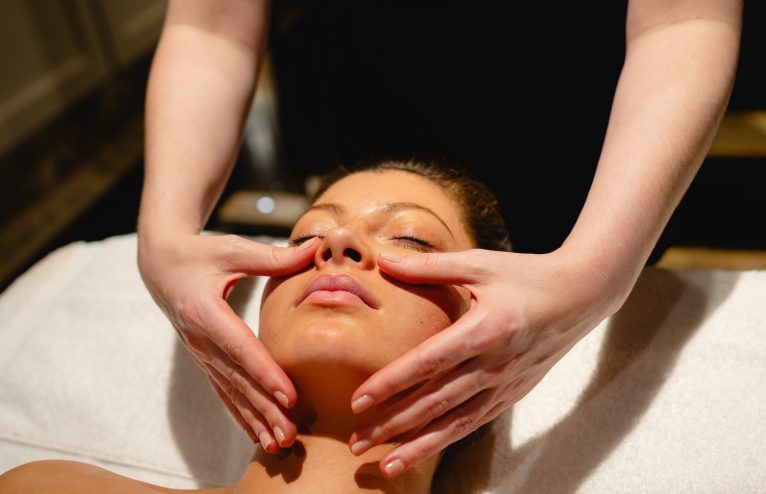




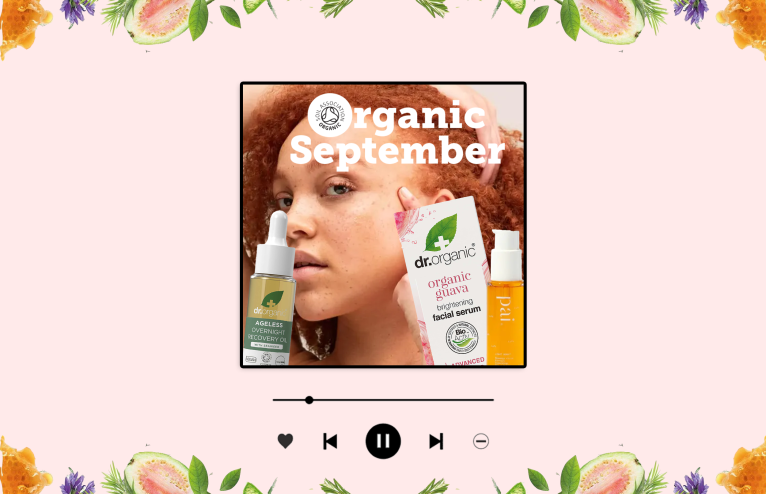




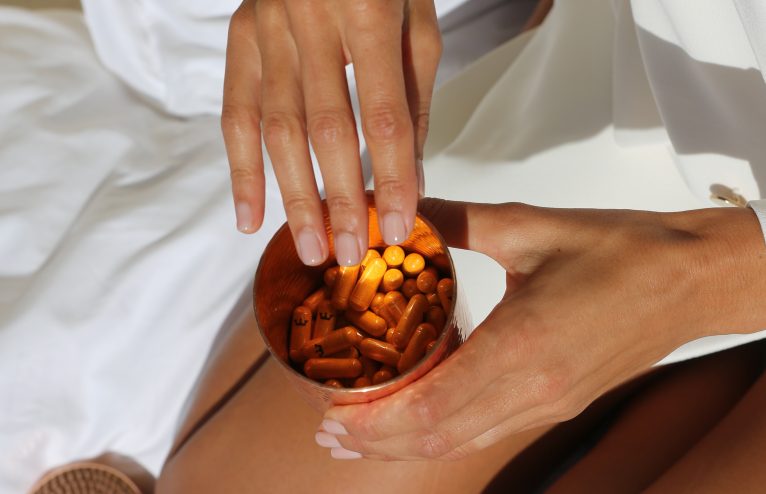
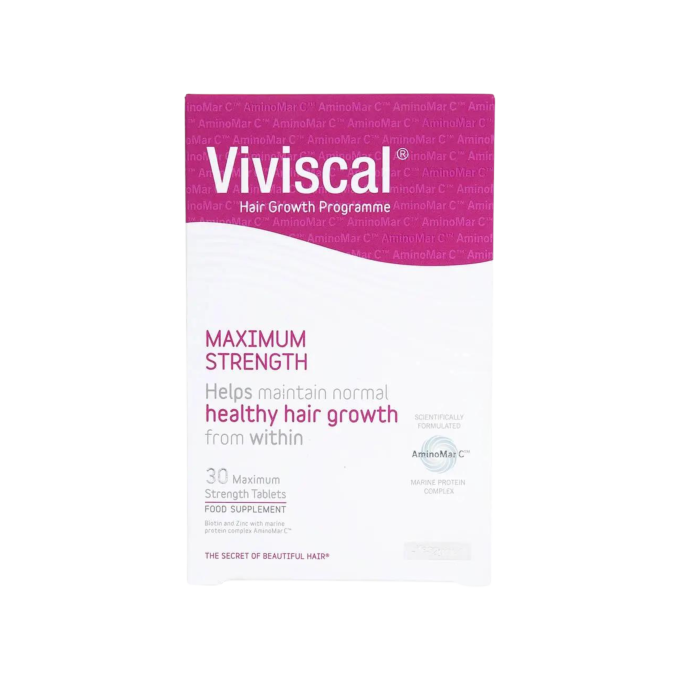
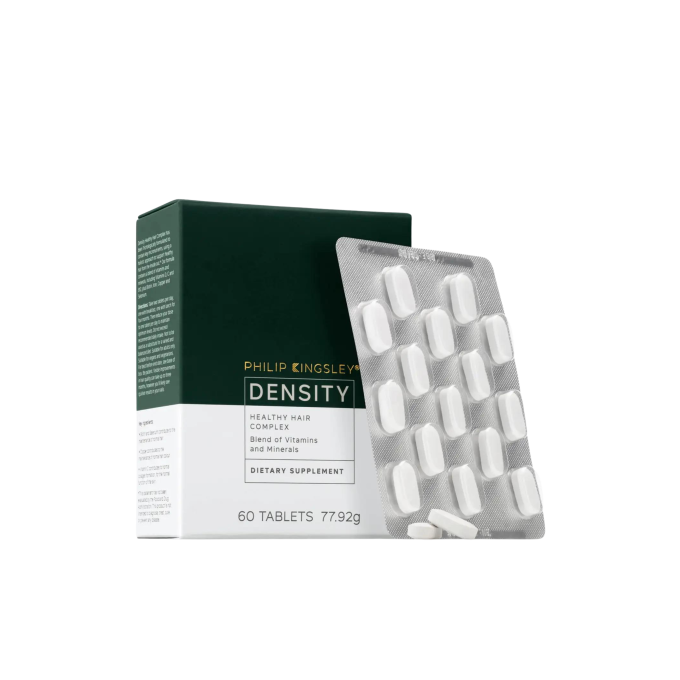
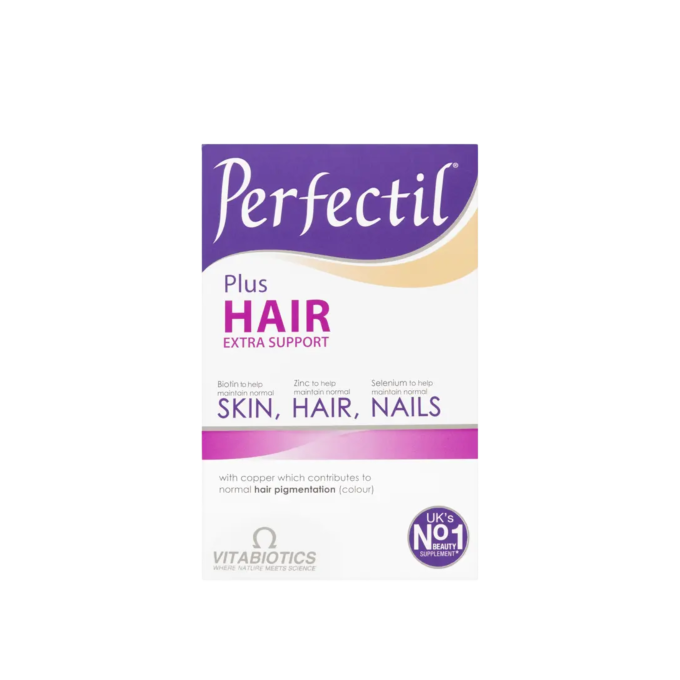
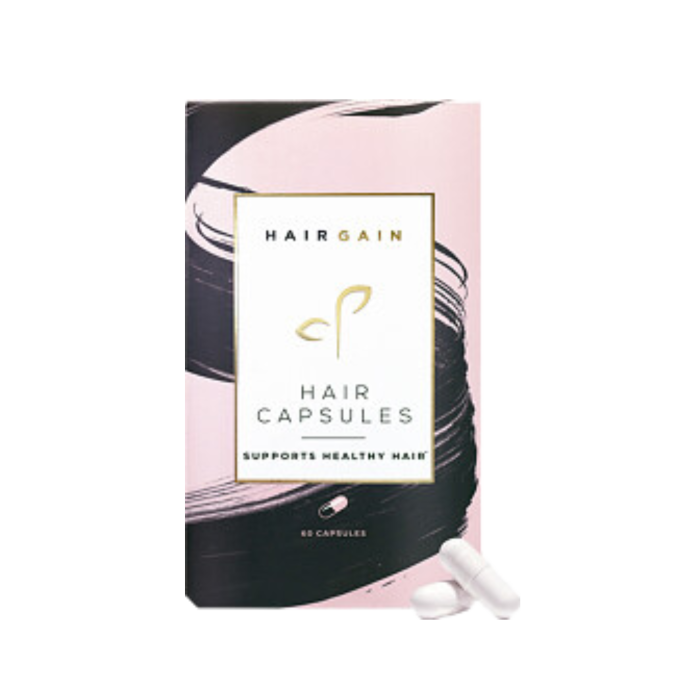
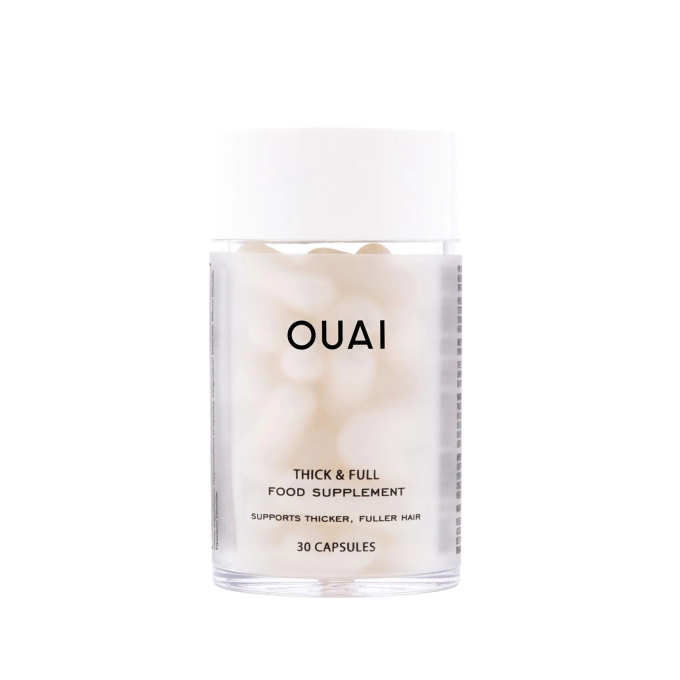
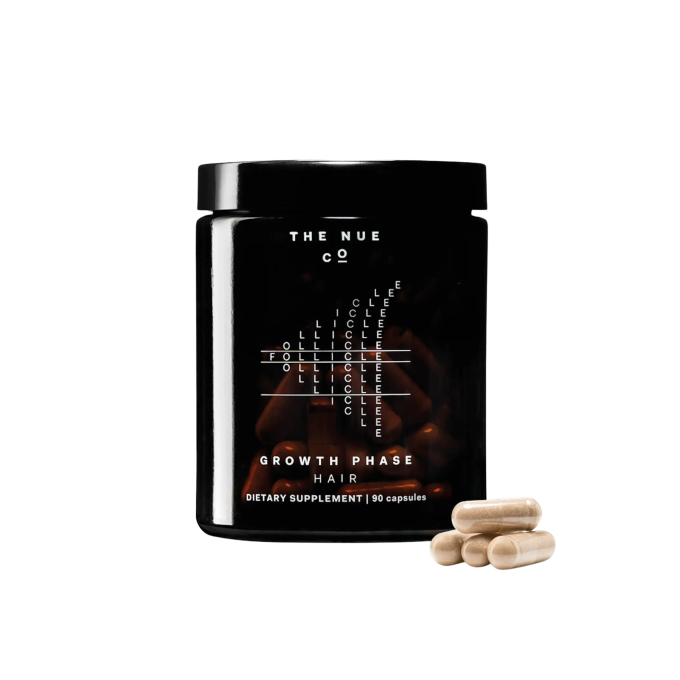
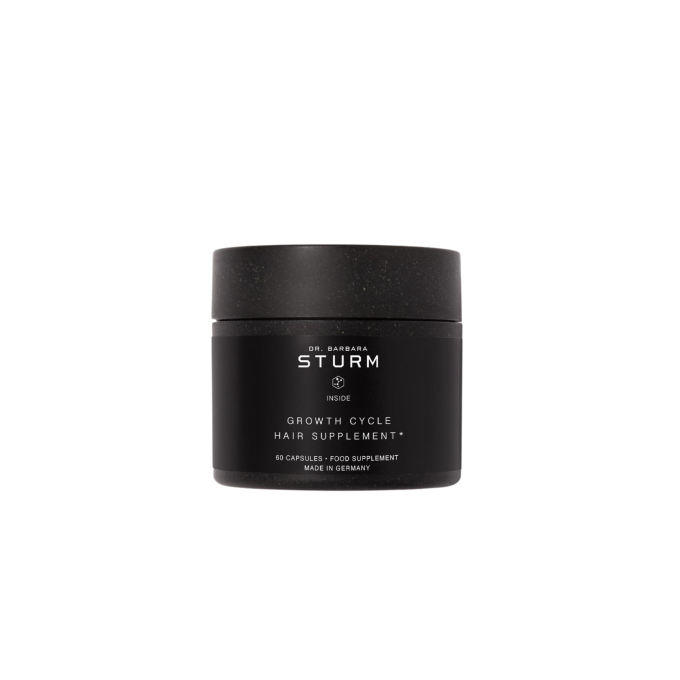
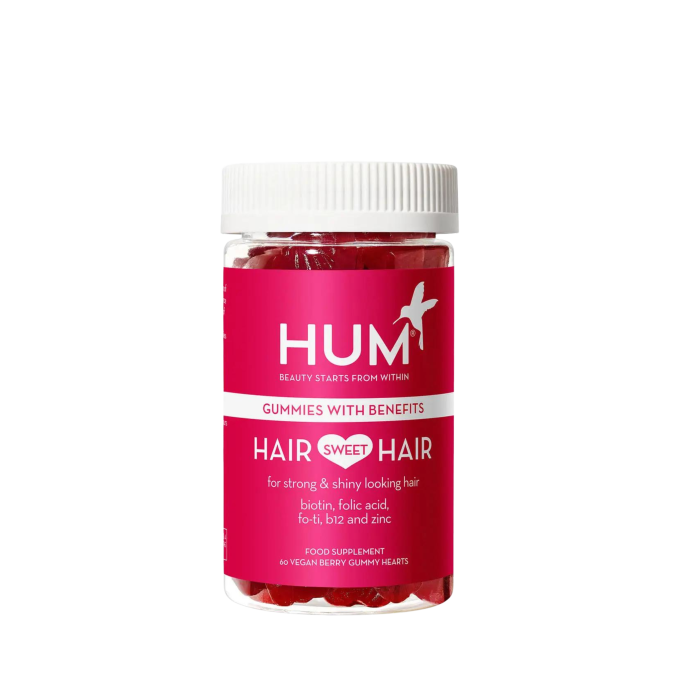
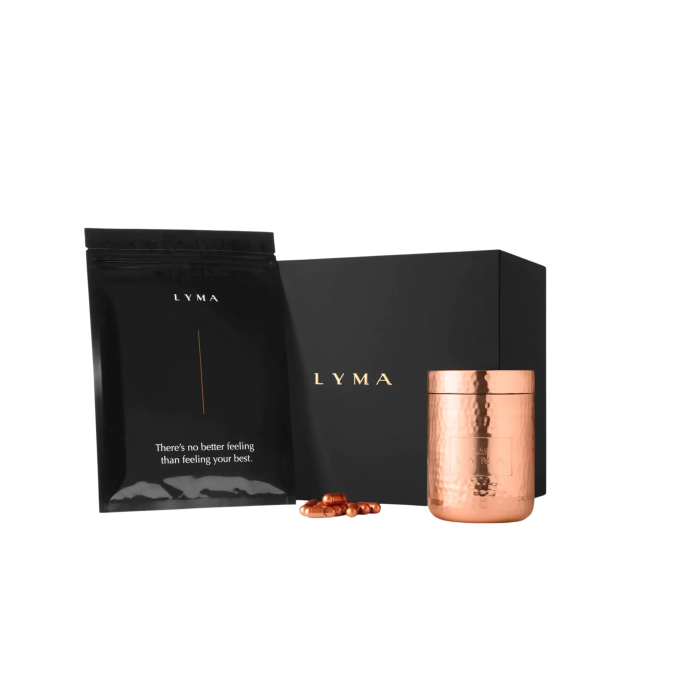
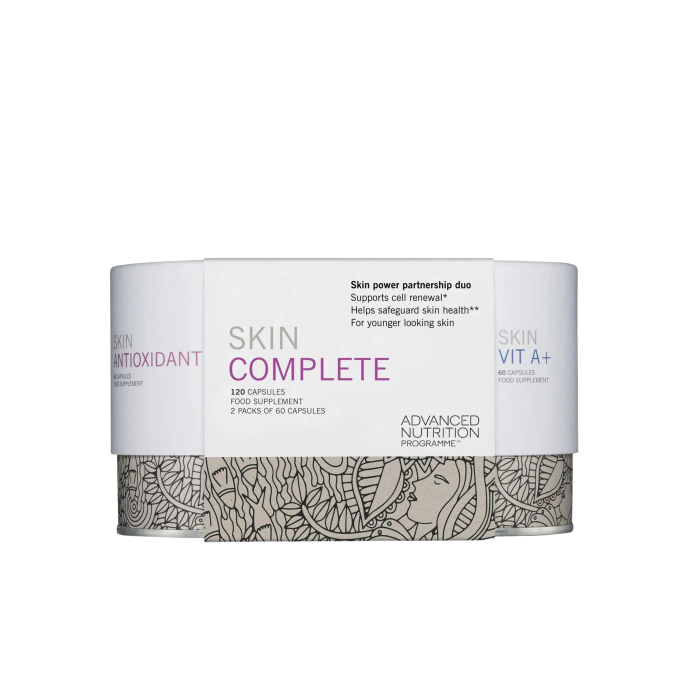
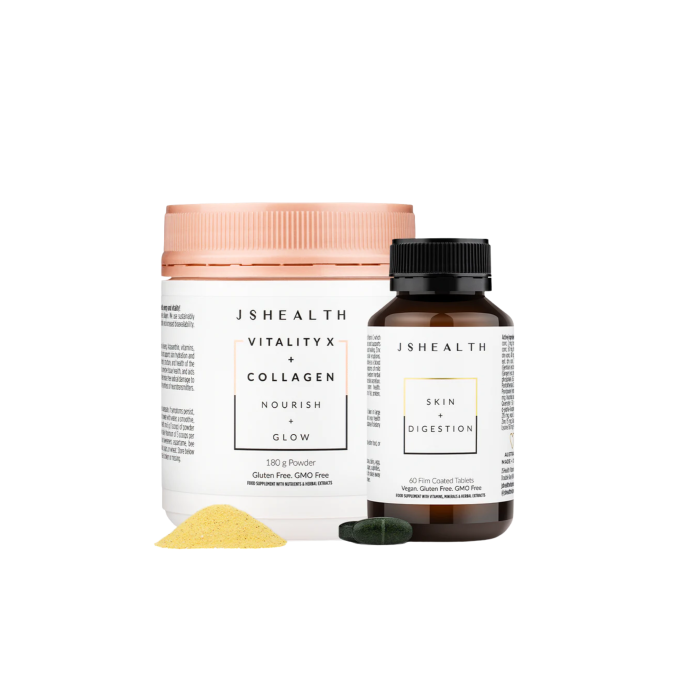
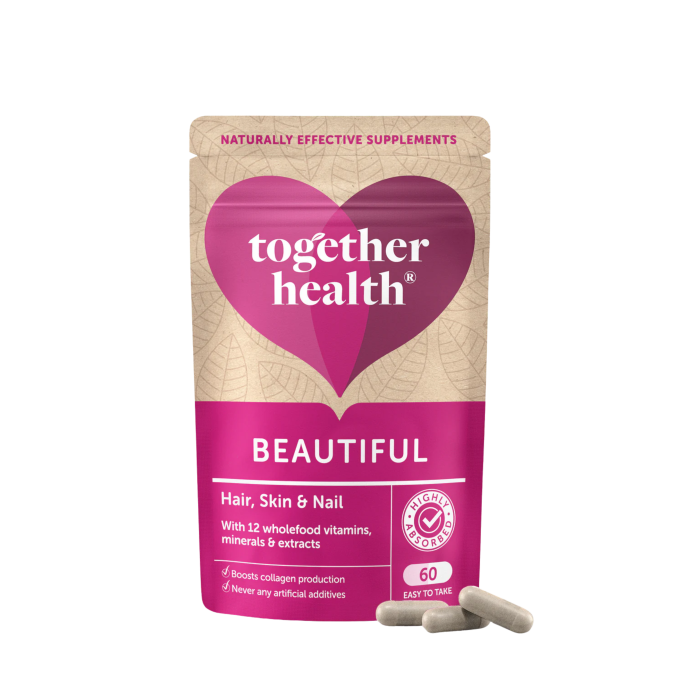
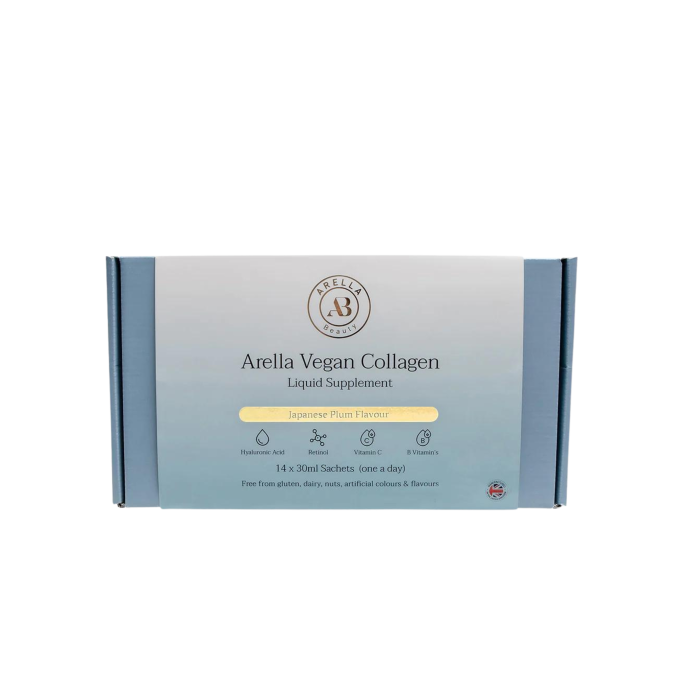
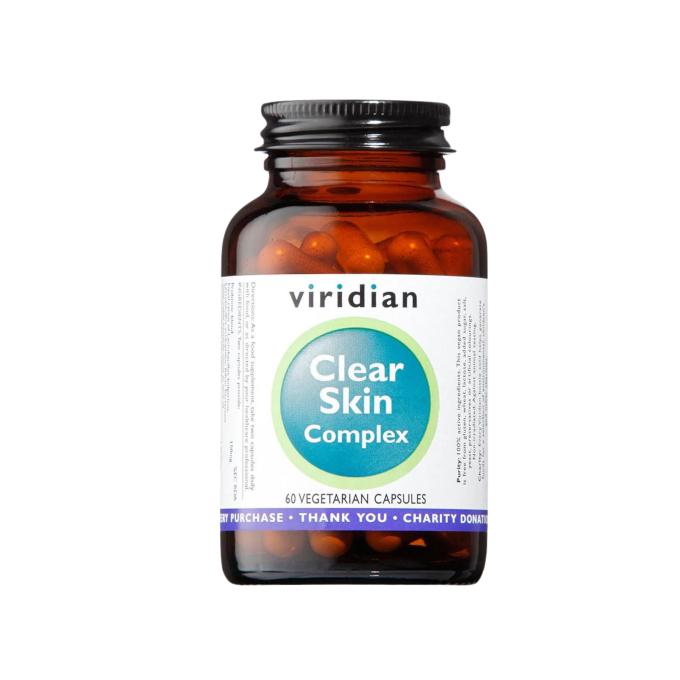
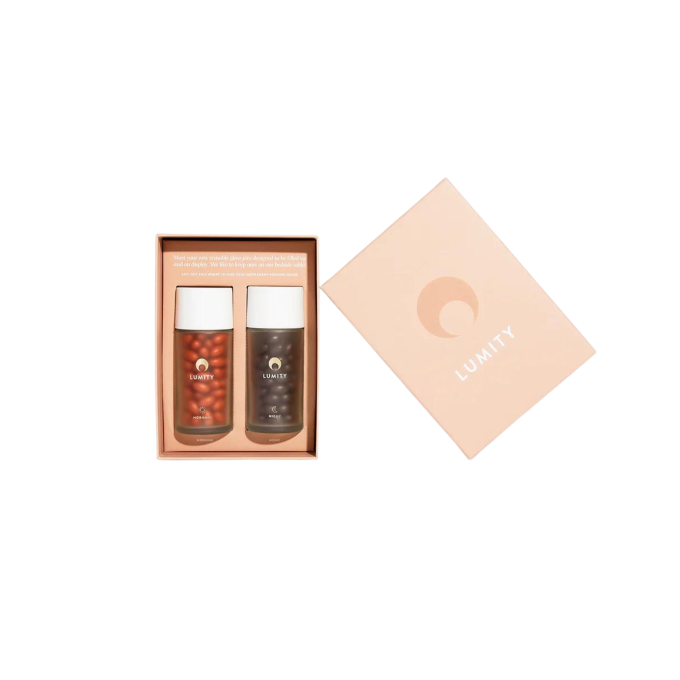
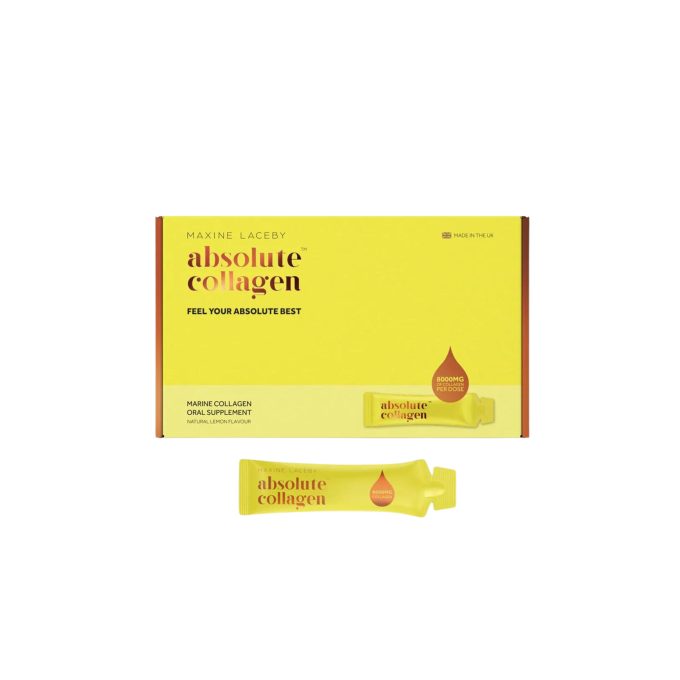
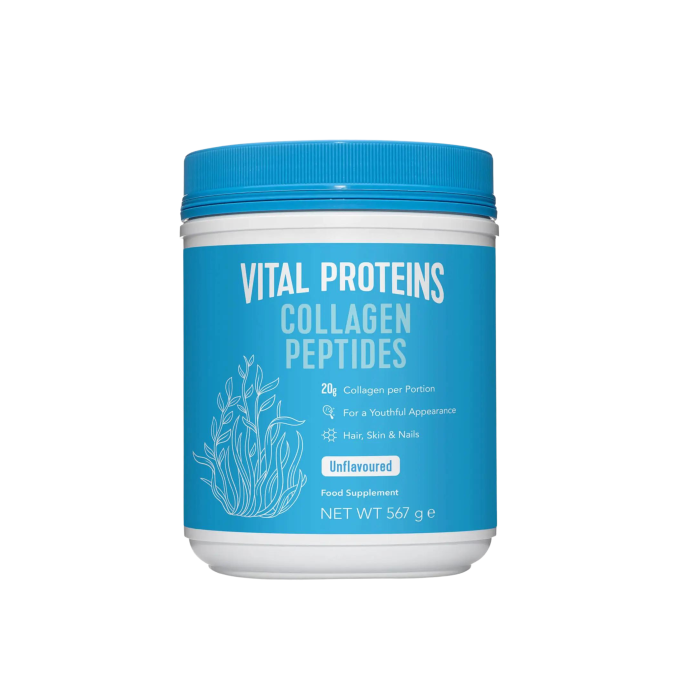



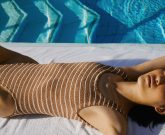
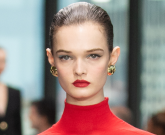
Any Questions or Tips to add?